Monitoring&Evaluation of reintegration services for drug addicts and ex-addicts in Lebanon
Location Lebanon
Duration 2017-2020
Framework Strengthening of Prevention, Rehabilitation and Social and Economic Services for Drug Addicts and Ex-Addicts in Lebanon – AID 10964
Funding Italian Agency for Development Cooperation (AICS) implemented by CTM – Cooperazione nei Territori del Mondo and Oum el Nour
Context
Drug addiction represents a serious social and public health problem in Lebanon, whose incidence is growing and is characterized by a decrease in the age of the population concerned. Despite law 673 providing alternative rehabilitation paths for drug addicts, according to the Drug Repression Bureau statistics, in 2009 2,228 drug users were arrested, almost half between the age of 18 and 25. Women in particular, if not taken back to the family after the arrest, often risk falling into the circle of prostitution.
The NGO Oum el Nour, specialized in prevention and rehabilitation programmes, noticed that a large share of the patients admitted to their centres were unemployed or lacked the professional skills necessary to find a new job once the recovery was completed. This is why its approach is to aim at the full reintegration of former drug addicts into society through the reinforcement of family ties and the development of professional skills thak to the participation to inclusive and sustainbale busines activitie.
Furthermore, Oum el Nour strongly advocates the need for an active prevention strategy, and promotes awareness campaigns targeting the youth, to prevent drug use and to modify the perception that society has of former drug addicts.
General Objective
The project aims at preventing substance abuse and improving the socio-economic inclusion of drug addicts and former drug addicts in Lebanon. In particular, its specific objectives are to:
-
Renew rehab centres in Fatqa ans Sehaile. Both centres are managed by Oum el Nour.
-
Improve vocational training and, in particular, to set up sustainable inclusive business activities targeting Oum el Nour rehab centres’ inmates.
-
Raise awarenewss on drugs relates risks amongst youth and adults in Lebanon.
- Foster persona and professional skills of Oum el Nour staff focusing on rehabilitation techniques for drug addicts, as well as on inclusive business projects management.
Our contribution
ARCO Researchers were involved to carry out the Monitoring and external Evaluation of the project.
Project Monitoring was completed with the production of seven quarterly reports .The monitoring system aimed to continuously collect and systematize relevant data on the implementation of program activities based on the work plan and responsibilities of each partner. The monitoring reports therefore represented a useful tool for the Project Manager to monitor each phase, assess potential problems and propose corrective actions to achieve the objective and expected results of the project.
In January 2019, ARCO Researches completed the first intermediate evaluation of the activities carried out by the NGO Oum el Nour. In order to do so, ARCO Researchers visited the offices of Oum el Nour and the centers of Fatqa and Sehaile, interviewing the main actors involved in the project. The qualitative and quantitative data collected in the field were triangulated with information already systematized through the monitoring process, in order to provide a broad analysis of the first results of the intervention.
Overall, the Evaluation mission verified the progress of the project and its consistency with the planning and initial intentions. The main drawbacks encountered during the implementation mainly concern the managerial inexperience of the local counterpart, which is dealing for the first time with an internationally managed and financed project and is working to respect all the rules and standards it imposes.
Indeed, the presence of an international coordinator on site is one of the strengths of the project, which otherwise would have suffered much more for the inexperience of Oum el Nour. Furthermore, the project capacity development approach was in part able to mitigate this problem, supporting Oum el Nour in acquiring new skills and a new awareness of its internal goals as an organization.
Read more on our M&E and Impact Evaluation Unit
Related Projects
-

Monitoring Information System for project WATDEV on water management and sustainable development in East Africa
-

Research on knowledge, attitude, social norms and practice on reproductive health rights and gender-based violence in Narok county, in Kenya
-

Evaluation of the project that promotes food security and climate resilience in Mozambique
-
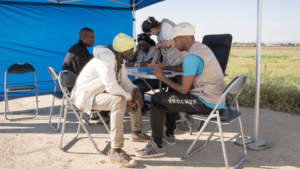
Evaluation of the project strengthening migrants’ right to health in Italy, Greece and Malta
-
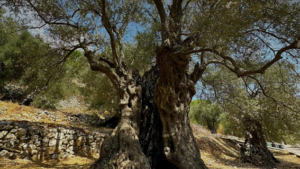
Final evaluation of the project that strengthens olive farmers’ resilience in Southern Lebanon
-
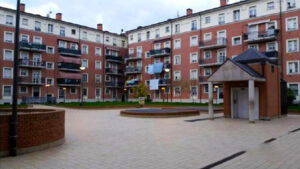
Social impact assessment of the Rapporti Corti project for socio-educational inclusion in the Navile district of Bologna
-

Evaluation of the Naseej project to stop gender-based violence in Iraq, Yemen, and Palestine
-
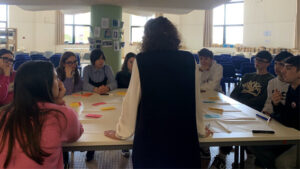
Evaluation of the project that promotes youth employment in Italy
-
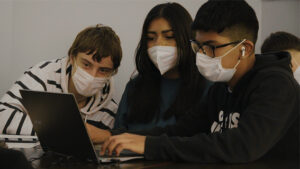
Final evaluation of the ‘5G Smart School’ project for innovative teaching in Italian schools
-
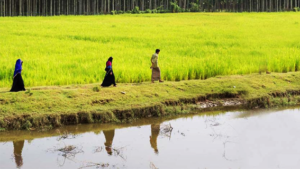
Evaluation of the project that fosters mainstreaming migration into international cooperation and development policies
-

Final evaluation of a project to contrast educational poverty in Albania
-
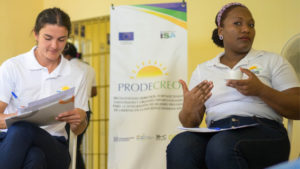
Evaluation of the project PRODECREO to promote the rights and socio-occupational reintegration of women deprived of their liberty in the Dominican Republic
-
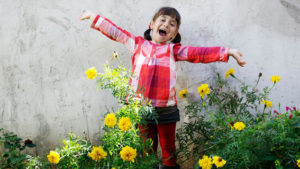
Final evaluation of the SOS Children’s Villages family strengthening project in Bosnia and Croatia
-

Evaluation of the project for the motor rehabilitation of oncological children in Turin
-
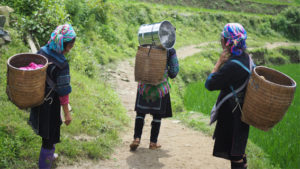
Evaluation of the project that aims to improve the health of the most vulnerable in Myanmar
-
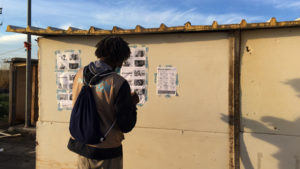
Final evaluation of the project that fosters proximity social-health services in the informal settlements of the Province of Foggia
-

Food Wave, Monitoring the project that promotes sustainable food consumption among young Europeans
-

Spazio Donna, evaluation of the projects to foster women empowerment and contrast gender-based violence
-

Evaluation of the projects “M’Interesso di Te” that tackle unaccompanied foreign minors’ integration
-
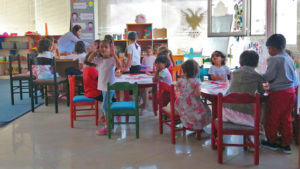
Evaluation of psycho-socio-sanitary interventions in response to the COVID-19 pandemic and the earthquake in Albania
-

Final evaluation of the Youth For Love project to raise young people’s awareness of gender-based violence
-
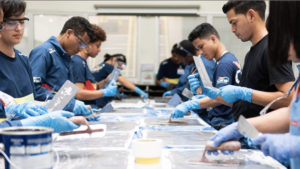
Multi-country mid-term evaluation of the YouthCan! programme, promoting the employability of vulnerable young people
-

Final evaluation of WEGO2 to support women economic empowerment contrasting intimate partner violence
-
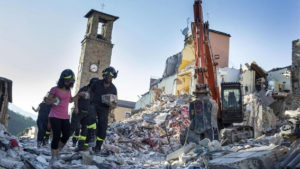
Action Research for the project Do.N.N.E against gender-based violence in Central Italy
-

Evaluation of the project “Mentors for Resilience” to contrast educational poverty
-
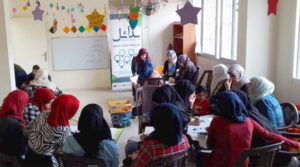
Outcome Harvesting of the project that aims to promote stability and social enterprise in Lebanon
-
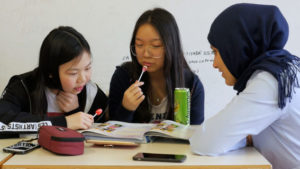
Annual evaluation and SROI of the programme “Nessuno Escluso” to contrast social exclusion and educational poverty in Tuscany
-
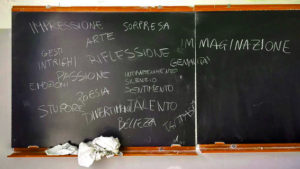
Evaluation of the project “Dreams and Needs” to contrast educational poverty in Italy
-
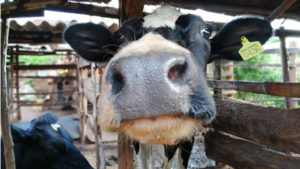
Mid-term evaluation of the project MilKy for the development of a sustainable dairy supply chain in Kenya
-
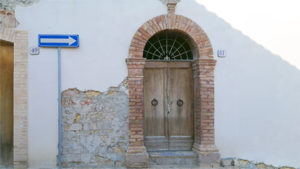
Final evaluation of Pe.R.Co.rrere: resilience of communities in Center Italy
-

Evaluation of the promotion campaign for Piave DOP cheese in Austria, Germany and Italy
-
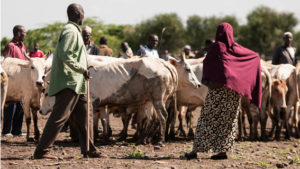
Mid-term & final evaluation of a project to strengthen resilience to climate shocks in Kenya
-
Evaluation of the promotion campaign for Italian specialities in Japan
-
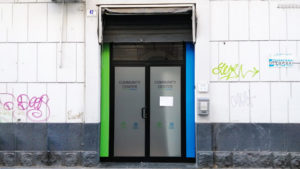
Community center, final evaluation of the social inclusion project
-
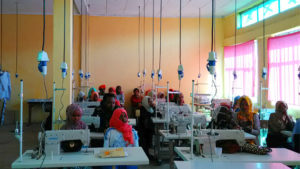
Mid-term evaluation of the project to contrast irregular migration in Ethiopia
-
Mid-term evaluation of the project for the conservation of Protected Areas in Albania
-

Social Impact Assessment of children’s protection programmes in Kyrgyzstan
-
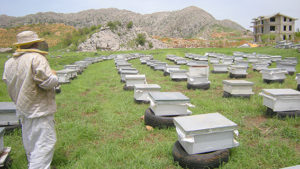
Monitoring&Evaluation of reintegration services for drug addicts and ex-addicts in Lebanon
-
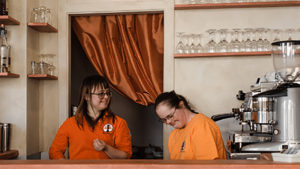
SROI Analysis, Albergo Etico social performance
-
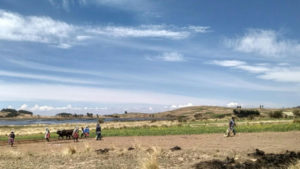
ECO.COM: strengthening local economic development in Bolivia
-

Improving the sustainability in the cherry supply chain in Bulgaria and Turkey
-
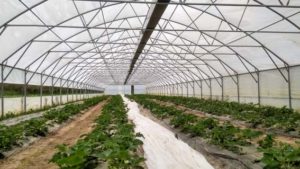
Evaluating sustainable agricultural supply chains in Bosnia Herzegovina and Albania
-
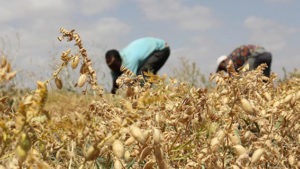
Impact evaluation of the creation of a durum wheat supply chain in Ethiopia
-
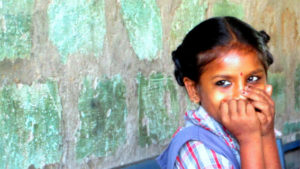
Impact evaluation of a Rehabilitation programme in India